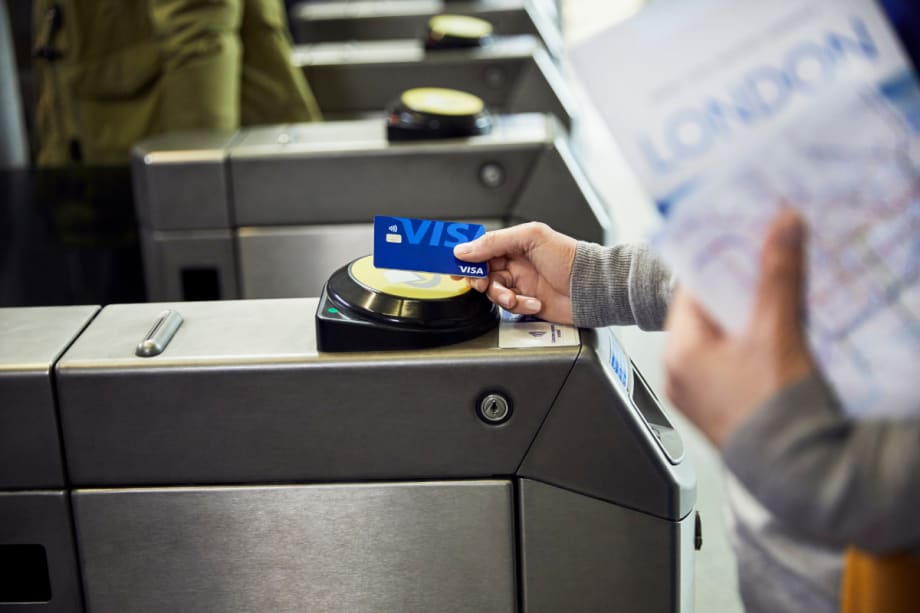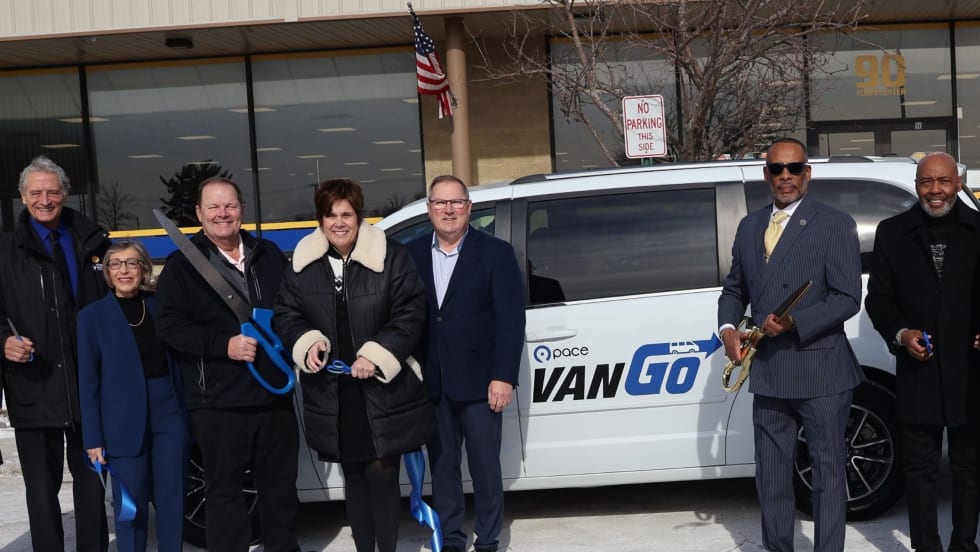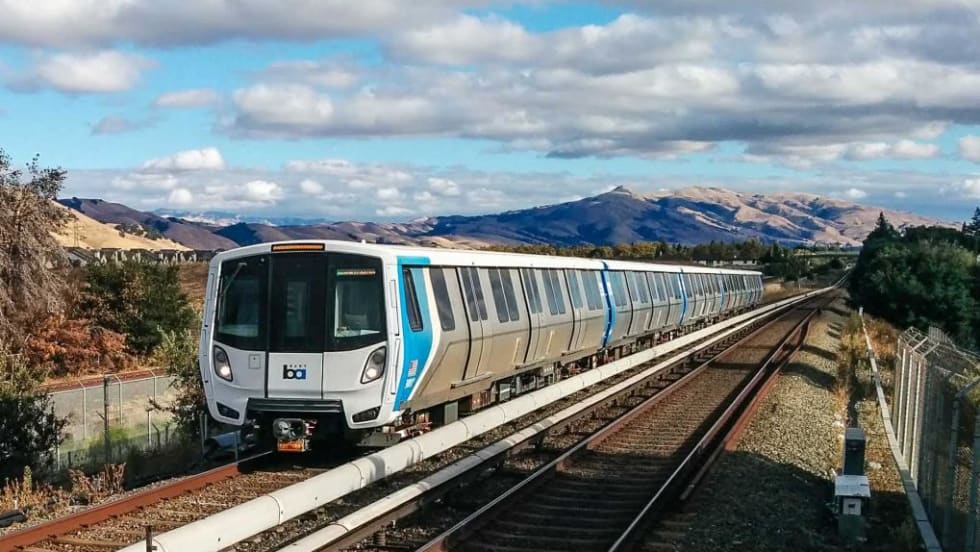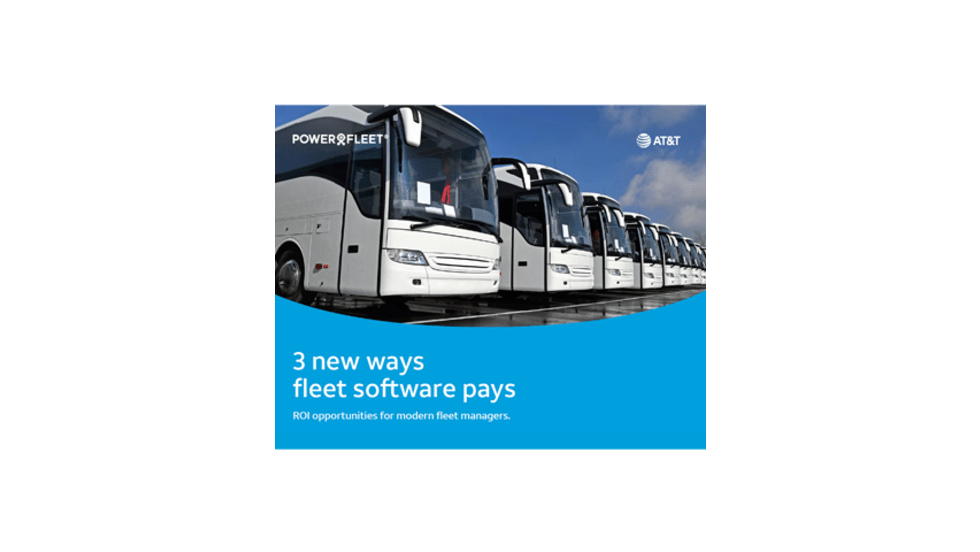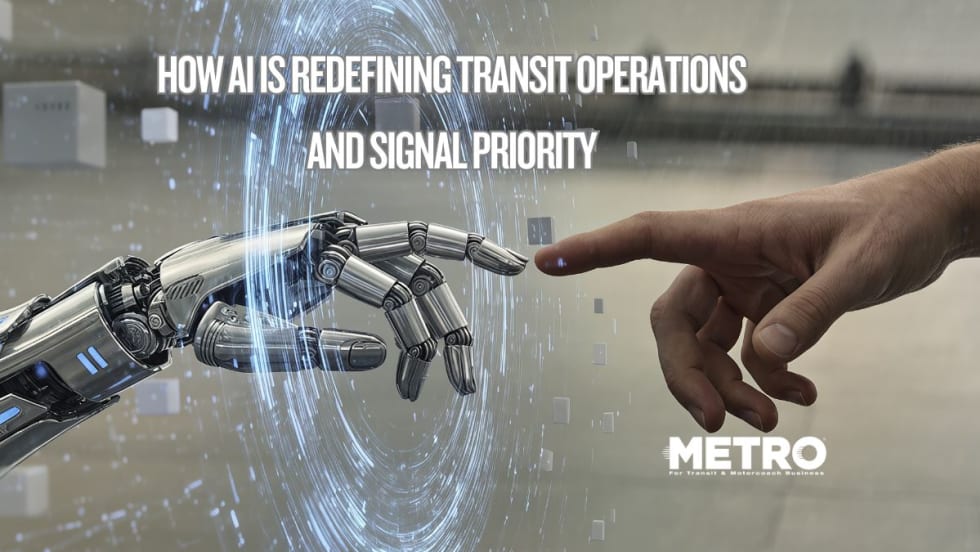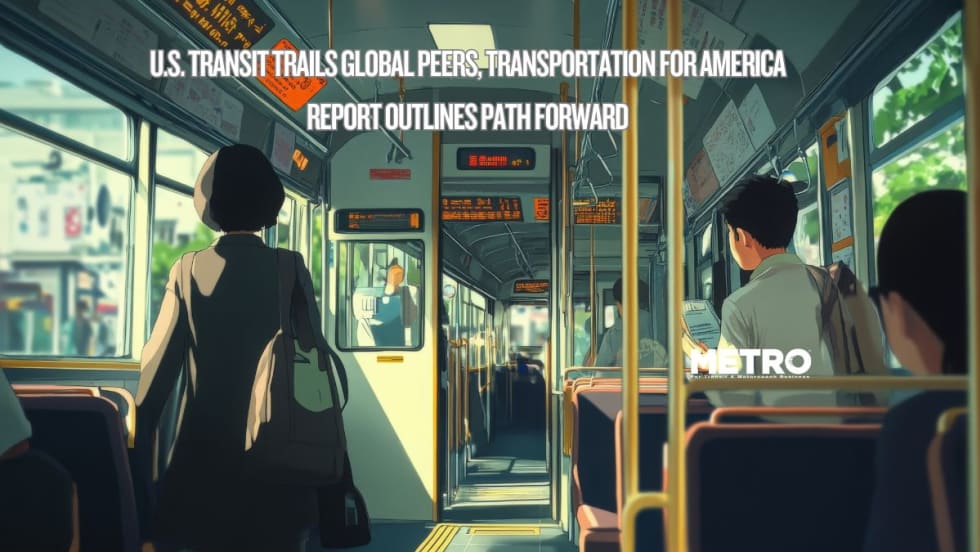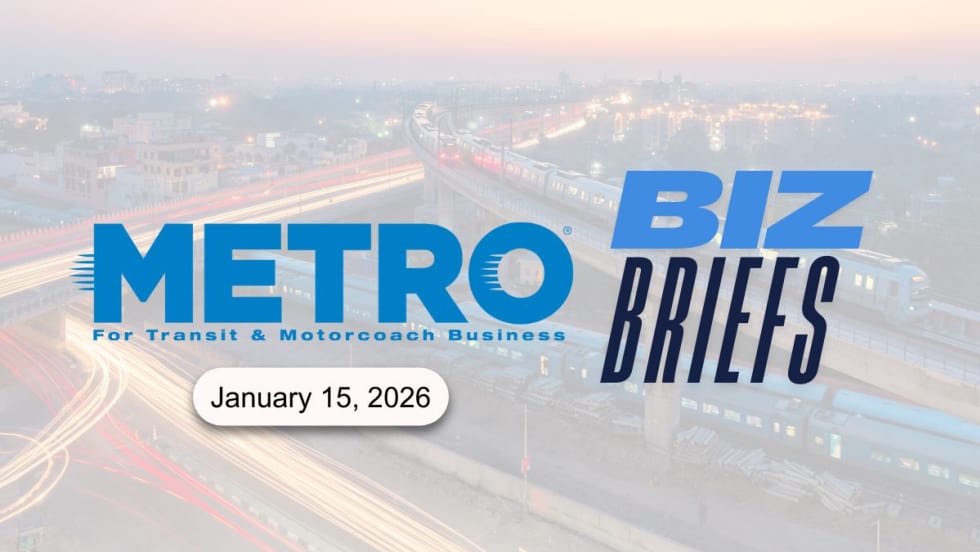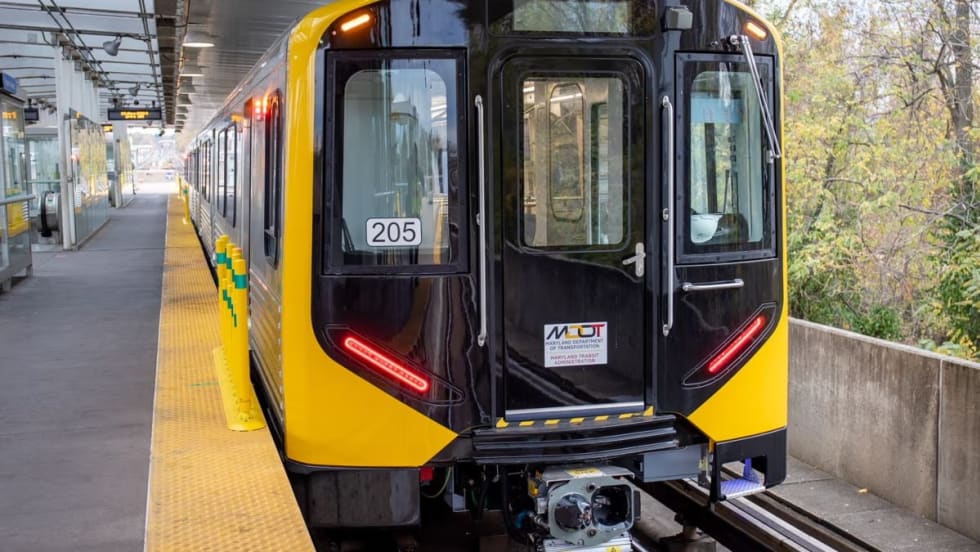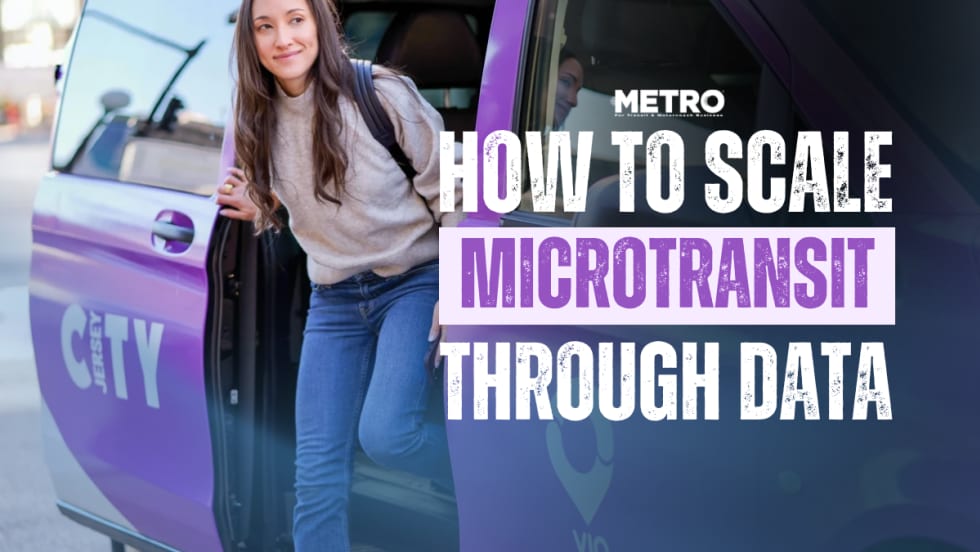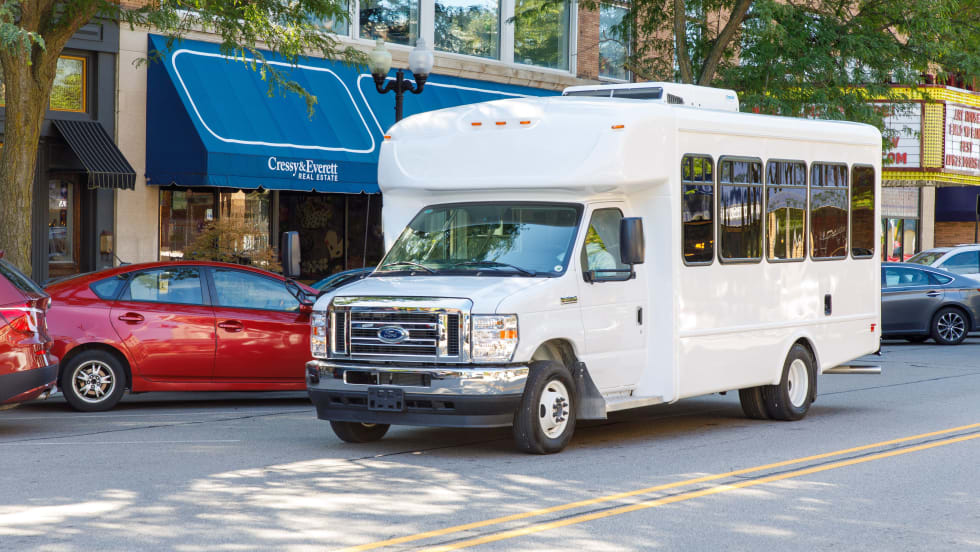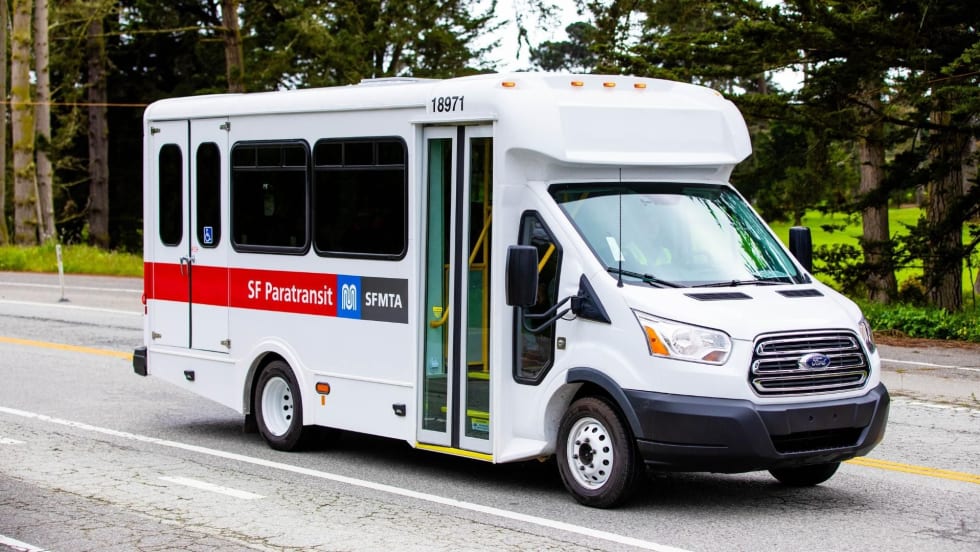Visa recently revealed the results from a recent survey, “Reimagining ridership: Open-loop payments and the future of urban mobility," examining the future of urban mobility.
Nick Mackie, VP and global head of urban mobility at Visa, spoke with METRO about the biggest takeaways from the survey, the surprising results, and more.
Biggest Takeaways from the Survey
Overall, Visa said the study demonstrates that the world is at a “tipping point” where passengers increasingly expect open-loop payments on transit.
One of the biggest takeaways from the survey was that 57% of riders surveyed said the top benefit of contactless systems was a faster, more efficient payment experience, and 80% of transit agencies surveyed reported seeing a climb in ridership following the adoption of this new way to pay.
Visa’s research also showed how open-loop payments can drive financial inclusion, with 60% of transit agencies surveyed citing prepaid cards, offering fare discounts, and providing education on the benefits of open-loop payments as the most effective solutions for meeting the needs of those not already in possession of bank cards.
“Open-loop payments also enable transit agencies to offer more affordable and equitable travel through fare-capping — getting passengers the best fare by ensuring they are not charged for rides after they meet the fare equivalent of a daily, weekly, or monthly pass,” Mackie said.
More highlights from the survey:
Nearly one-third of transit riders surveyed reported that they started using public transport more often because of the ability to use open-loop payments.
42% of transit riders prefer to pay by tapping a contactless credit, debit, or prepaid card, as 57% said the top benefit was a faster and more efficient payment experience.
88% agreed that their city should invest in more environmentally friendly forms of public transportation.
On transit agencies:
Eight out of 10 transit agencies surveyed have seen a climb in ridership following the adoption of open-loop payment systems.
When asked about the most effective solutions for meeting the needs of the unbanked, over 60% of agencies cited allowing prepaid cards to be used, offering fare discounts, and educating the unbanked on the benefits of open-loop payments.
In the next five years, 61% of transit agencies plan to decrease their carbon footprint by developing targets and plans to shift personal vehicle use to public transport.
83% of surveyed transit agencies that do not have open-loop systems plan to adopt them in the future.
Shocking Results
Visa highlighted that the most surprising result from the survey showed more of a willingness to take more public transit trips if paying were easier, as 45% said they would take more trips.
This was supported by the transit agencies who reported an average of 9.5% increase in transit ridership following open-loop system adoption.
“Open-loop payments play a vital role in modernizing public transportation systems, thus helping them become more sustainable, affordable, and easy to use,” Mackie said. “That’s why 83% of surveyed transit agencies that do not currently have open-loop systems reported they plan to adopt them in the future.”
Reason for it All
The survey, which featured 75 transit agencies and 3,000 transit riders, was conducted by the Visa Economic Empowerment Institute (VEEI) and ThoughtLab.
Mackie cited the main reason for the survey was “to better understand and quantify the impacts of contactless "open-loop" systems for transit riders and agencies, with a specific focus on inclusion and sustainability.”
“Around the world, cities are taking decisive steps to help make their urban mobility networks more frictionless, sustainable, and inclusive,” Mackie said. “For many of them, enabling passengers to pay their fares with the simple tap of their card or device is a crucial part of this process.”
Visa surveyed 3,000 transit riders from six global cities (500 respondents per city) in varying stages of implementing open-loop payments in 2022. The cities were Bangkok, Brussels, Bucharest, New York, Rio de Janeiro, and Singapore.
For the agency study, Visa included a screening question to certify that respondents were knowledgeable about their agency’s fare payment practices. The respondents included a mix of transit agencies with open-loop EMV payment systems (67%) and those without open-loop payment systems (33%). The transit agencies were in 33 countries.
Eye on the Future
Visa has been working on open-loop projects for transit agencies, with more than 650 in countries such as Bangkok, Thailand; Fukuoka, Japan; Lyon, France; Izmir, Turkey; and Mexico City, Mexico.
Recently, Visa worked with transit agencies in the Tampa Bay region of Florida and their technology provider INIT on the launch of contactless open-loop payments via Visa's urban mobility framework. With this launch, transit riders are now able to tap-to-ride and also get the benefit of fare capping.
“Implementing open-loop systems can create value far beyond transportation and can be integral in boosting financial inclusion, improving local economies, and making cities more livable and sustainable,” Mackie said.
Visa has made a commitment to net-zero emissions by 2040.
Mackie added that digital payments in urban mobility can be an important first step to helping a large group of people globally who do not currently have access to the mainstream financial system.
“Visa's comprehensive approach to urban mobility means we are not just helping people get on- board, we are helping financially underserved groups of people to get on in life,” he said.




